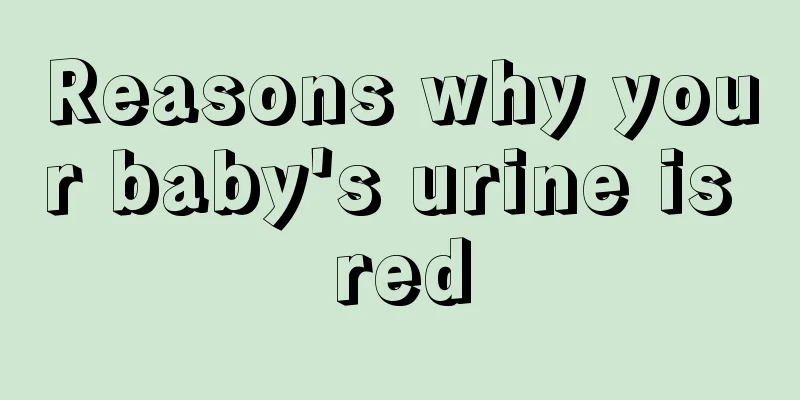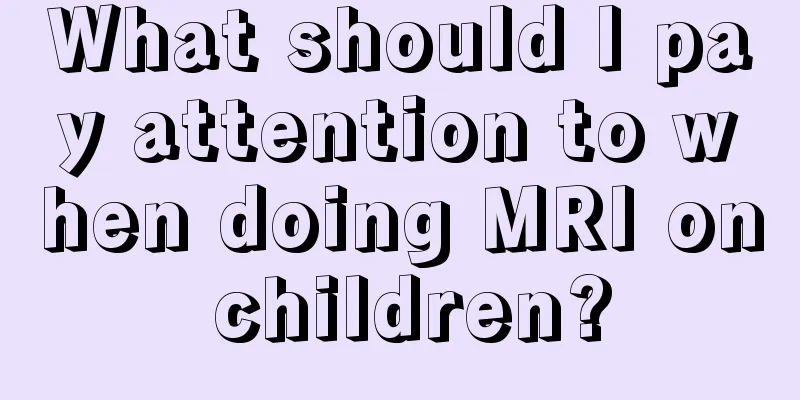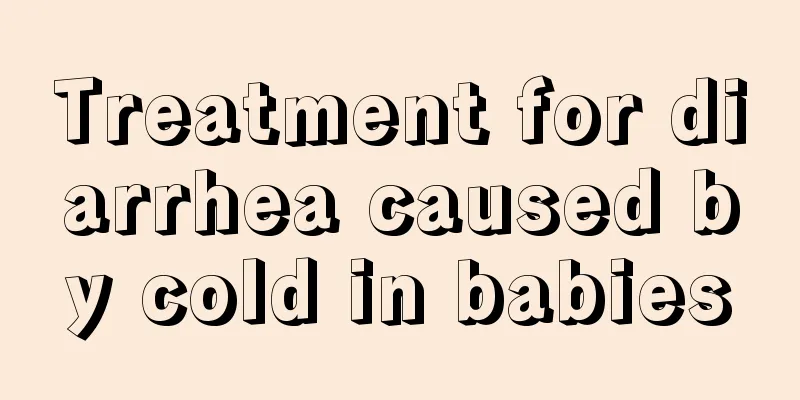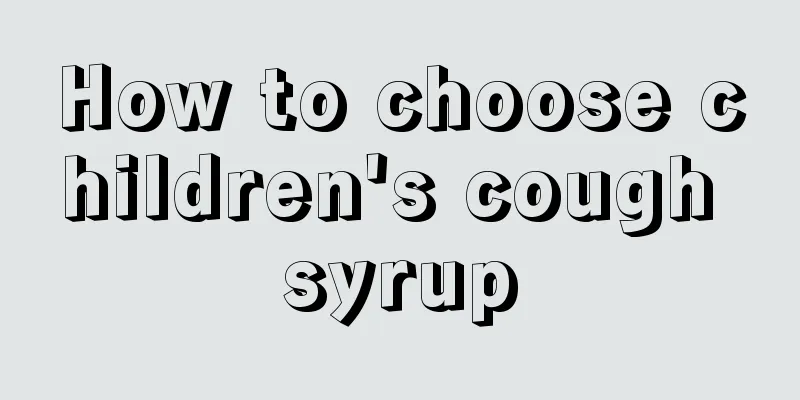How many degrees of fever should I take antipyretics

|
It is normal for the body to have a fever, but many people do not know when they should take antipyretics. If the body temperature exceeds 38.5 degrees Celsius, you should take medication to control the drop in body temperature. Because sustained high temperature is actually very damaging to human cells, you must seek timely treatment. How many degrees of fever should I take antipyretics Whether it is an adult or a child, it is generally recommended to take antipyretics if the body temperature exceeds 38.5 degrees. If the baby's body temperature does not exceed 38.5°C, it is not advisable to take antipyretic drugs. Instead, physical cooling methods should be used, such as ice compresses and fever-reducing patches. Only take antipyretics under the guidance of a doctor if the fever is above 38.5 degrees. If the temperature is above 40.1 degrees, emergency treatment is required. Babies are prone to fever as they grow because their immune systems are not yet fully developed, but mothers need to know how to judge whether their babies should take antipyretics based on the severity of the fever. Generally, a baby's fever is 37.5℃~38℃ as a low fever, 38℃~39℃ as a moderate fever, above 39℃ as a high fever, and over 41℃ as a very high fever. Generally, if the baby's body temperature does not exceed 38℃, there is no need to take antipyretics. Physical cooling methods are recommended. When the body temperature reaches 38.5°C or above, you need to take antipyretics under the guidance of a doctor. When the body temperature reaches above 38.5℃, the patient will feel uncomfortable, and if it is a baby, convulsions may occur easily. However, antipyretics are best used after the cause is identified. There is no benefit in hastily using antipyretics when the cause is unknown. In addition, patients with fever often have poor appetite. If they take antipyretics too aggressively, it can easily lead to collapse, injury to the gastric mucosa, or even gastric bleeding. In addition, antipyretic drugs have certain side effects, which can cause harm to the body and in severe cases can even lead to nephritis. Antipyretics reduce fever by causing sweating, and their effectiveness usually lasts about two hours. As long as your body temperature drops below 38.5 degrees, don't take antipyretics. To minimize side effects, take as little antipyretic medicine as possible. |
<<: Baby sweating after taking antipyretic injection
>>: Is it good to give baby an enema to reduce fever?
Recommend
What to do if your child gets a stye
The reason why children get stye is because of sy...
What to do if your baby has jaundice
Jaundice is the most common symptom among newborn...
What is the fastest and most effective way to treat a child's headache?
Since children are relatively young, they general...
Baby fever diet therapy
The problem of baby's fever is very serious i...
Treatment for baby's occasional cough
We all know that many people have experienced bab...
What kind of shoes are good for children?
Children are at an active age, so parents must pa...
Can steamed oranges cure children’s cough?
Using steamed oranges to treat children's cou...
Causes of uneven back of newborn's head
Many newborns have uneven backs of the heads, so ...
Development indicators of infants in April
As parents, when our children become unwell, we a...
What should I pay attention to when I have hydronephrosis in children?
Hydronephrosis is a common kidney disease. Not on...
Will eating mango cause internal heat in children?
Mango is a fruit that tastes very sweet. Not only...
What should I do if my baby has nasal mucus?
The main reason why babies have nasal mucus is be...
How many months can babies wear clothes that are suitable for them?
My child was born in winter. At what months can t...
The dangers of early childhood development
Children's development has always been a part...
Can children have their teeth filled?
Children are most unable to control their craving...









